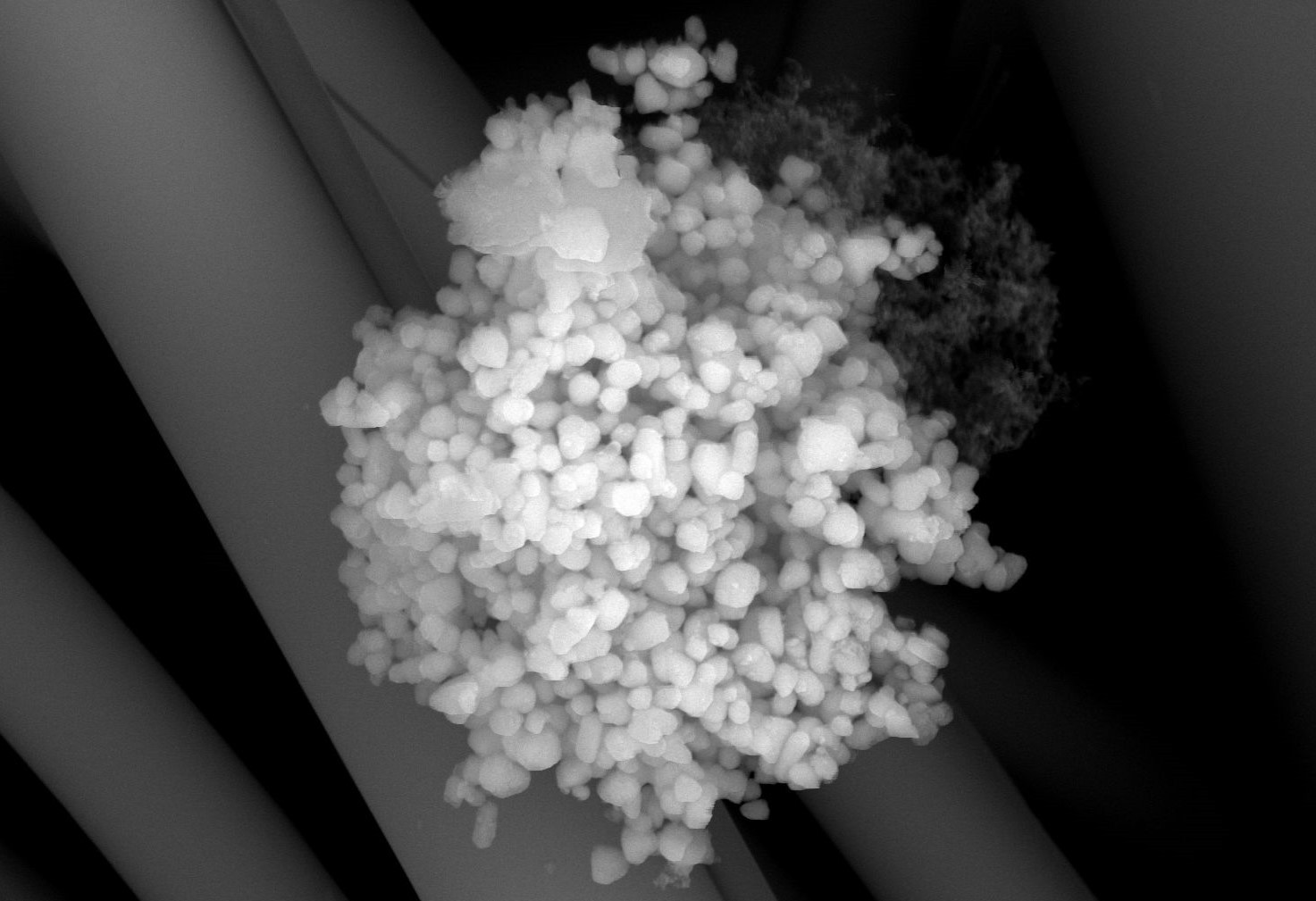
The PGNano project aims to assess exposure to these particles by addressing their emission mechanisms and their physicochemical and morphological properties, as well as their possible toxicity. It will also propose a series of mitigation measures appropriate for each case study, in order to minimise exposure and ensure good indoor air quality.
The intended results of the PGNano project are aimed at protecting the health of personnel working in industrial environments from inhalation exposure to particles (NPs and PUFs) emitted unintentionally by high-energy thermal or mechanical processes.
In addition, it is expected to generate the necessary knowledge on the situation of the companies potentially affected by this risk, obtaining information on the sectors where the processes are carried out, the level of exposure of the people operating in these work environments and the chemical and toxicological nature of the polluting particles.
También se van a proponer y validar herramientas de evaluación y predicción de la exposición ocupacional a Nanopartículas y Partículas Ultrafinas (NPs y PUFs) en escenarios industriales bajo condiciones reales de operación. Por último, se va a editar una Guía de Buenas Prácticas que sirva de base a las empresas a la hora de implantar medidas preventivas que minimicen el riesgo de exposición a las partículas contaminantes para que esto se traduzca en una mejora de la salud de la plantilla laboral.
PGNano cuenta además con la colaboración de UNIMAT, compañía de prevención de riesgos laborales, consultoría de empresa, salud individual y colectiva y formación especializada.
Funding: Instituto Valenciano de Competitividad Empresarial through FEDER Regional Development Funds.


